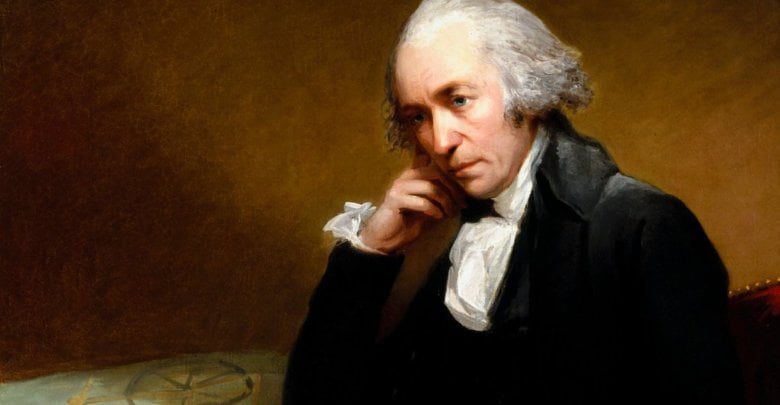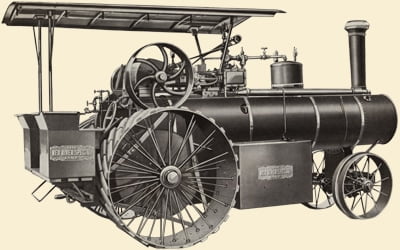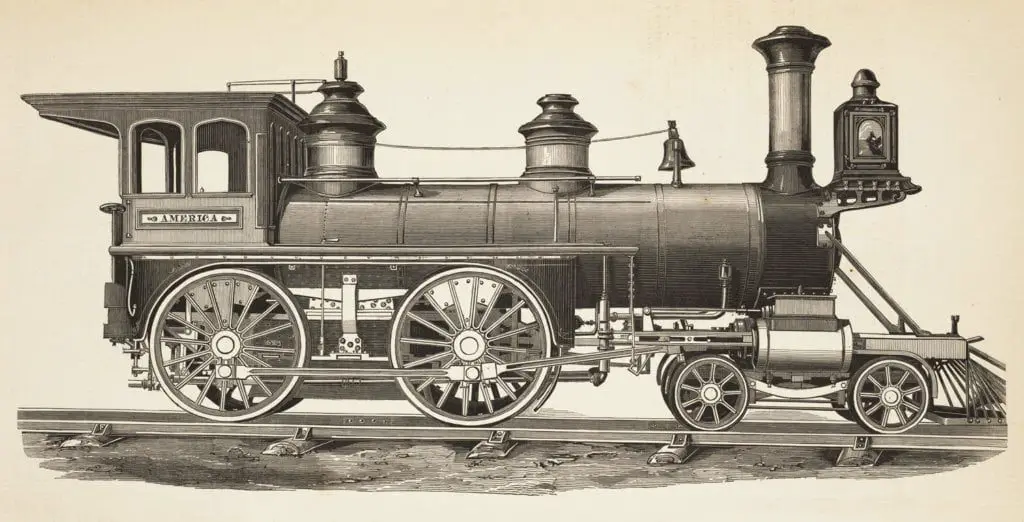Refresh Your Memory By Learning About James Watt And His Inventions
The father of steam engine

The human history is categorized into three ages- Stone age, Bronze age, and Iron age. Some argue that Iron age is continuing while according to some Plastic age has captured the whole world. Whatever be their sayings, but the one thing we all know that all the inventions from a needle to the airplane that shaped the world is the gift of iron age. In Iron age, all the discoveries which helped the world to grow took place. One such invention is-Steam Engine.

The steam engine can be said to have been the moving force behind the Industrial Revolution and are being used in where not from driving machinery in factories, mills, and mines; powering pumping stations; and propelling transport appliances such as railway locomotives, ships, steamboats to the road vehicles. And the credit goes to the James Watt who improved Thomas Newcomen’s 1712 Newcomen steam engine. Many of us do not have the information about James Watt, so here we go to know more about him.
Also read: Why Do We Have Superstitions About These 11 Things?
Let’s Have A Look At The Glorious Life Of James Watt

His Profession:
Mechanical Engineer
Inventions and Discoveries:
- Improvement in steam engine
- Copying paper (ink paper)
Born:
January 19, 1736
Place of birth:
Greenock, Renfrewshire, Scotland
Nationality:
Scottish
Died on:
25 August 1819
Death place:
Handsworth, Birmingham, England
Short notes:

- Watt was a Scottish inventor and mechanical engineer.
- His Watt steam engine was an improvement of the Newcomen steam engine.
- He got interested in the improvement of a steam engine when realized that engine designs wasted a lot of energy by repeatedly cooling and reheating the cylinder.
- He introduced a design which had a separate condenser, which avoided the waste of energy which eventually improved the efficiency which reduced the cost of steam engines.
Dates: History of steam engines and James Watt

1698 Thomas Savery patent
1712 Thomas Newcomen patent
1736 Watt born
1755 Watt trained in London
1763 Watt discovers the problem with Newcomen engine
1765 Watt discovers external condenser
1769 Roebuck and Watt patent the engine
1774 Boulton acquires Roebuck’s patent rights. Watt moves to Birmingham
1776 The first Boulton and Watt engine is commercially applied
1781-2 Patents for sun and planet gears, and the double-acting engine
1800 Engine patent runs out. Watt retires at 64, healthy, happy, and famous
1819 James Watt died, age 83



